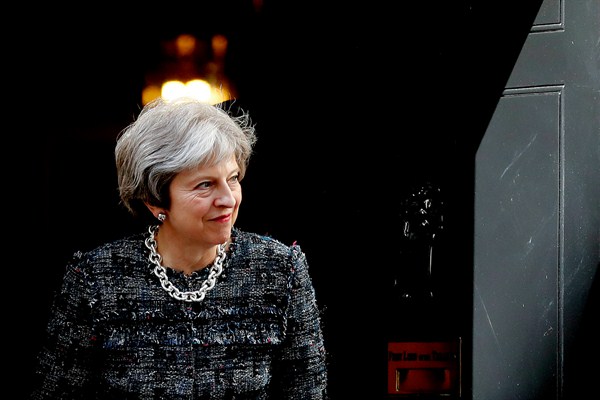In early October 2002, the British Conservative Party gathered at the Bournemouth International Centre on the south coast of England for its annual conference. Still traumatized by a second consecutive landslide defeat against the Labour Party, then headed by Tony Blair, the Tories had come together to plot their return to government after five long years out of power. On the opening day of the conference, the party chairwoman, Theresa May, took to the stage in an all-black outfit that added to the funereal atmosphere of the event. She told her fellow Tories something that many people were thinking, even if few party loyalists wanted to hear it.
“There’s a lot we need to do in this party of ours. Our base is too narrow and so, occasionally, are our sympathies. You know what some people call us—the nasty party,” she said, sending a quiet shockwave through the room. “I know that’s unfair. You know that’s unfair. But it’s the people out there we need to convince, and we can only do that by avoiding behavior and attitudes that play into the hands of our opponents. No more glib moralizing, no more hypocritical finger-wagging.”
Listen to Aleks Eror discuss this article on WPR’s Trend Lines Podcast. His audio starts at 28:47.

